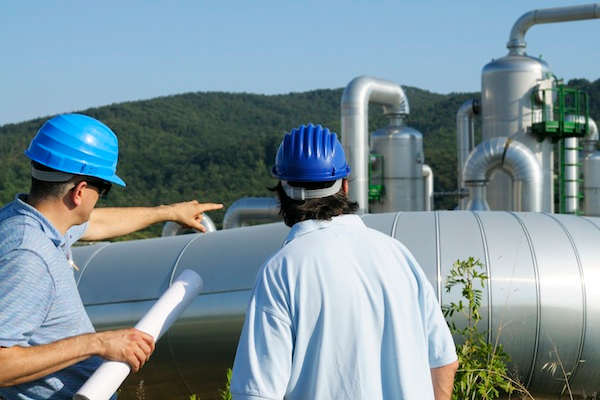



|
Tweet
Pin
It
|
Students who have a strong foundation in science subjects can find a lucrative career in Environmental Engineering. There are several engineering colleges/ universities in India conducting undergraduate (B.E/ B.Tech), post graduate (M.E/ M.Tech) and doctoral courses in environmental engineering. Bachelors degree is the minimum educational qualification required for working as an environmental engineer.
The basic eligibility criteria for BE / B.Tech in Environmental Engineering is 10+2 or equivalent examination with Physics, Chemistry and Mathematics. Admission to these 4 year courses is made on the basis of the +2 marks and the merit in the engineering entrance examinations like All India Engineering Entrance Examination (AIEEE), IIT Joint Entrance Examinations or Entrance Exams conducted by particular institutes/ universities/ states. Certain universities are offering environmental engineering as an auxiliary program with a bachelors degree in civil, chemical or mechanical engineering. Environmental programs with civil engineering focuses on water resources management, designing of water treatment plant, hydrology etc. while Environmental programs with chemical engineering focuses on environmental chemistry, air and water treatment technologies and separation process.
Bachelor's degree holder in any branch of engineering can go for 2 year post graduate degree course (i.e. M.E/ M.Tech.) in environmental engineering. The admission is through Graduate Aptitude Test in Engineering (GATE)/ written examination conducted by respective institute and personal interviews. Guru Gobind Singh Indraprastha University, Delhi conducts an all-India entrance test (GGSIPU-CET) for admissions to the undergraduate and postgraduate level courses in Environmental Studies. SRM University, one among the top private engineering university in India, admit students on the basis of the marks obtained in SRM Engineering Entrance Exam (EEE).
Research (M.Phil) and Doctoral programmes (Ph.D) can be pursued after post graduate course. The admission will be based on academic record and interview and/or written test .
Course Areas : The course area varies depending on the institution and program. Common core environmental engineering courses include atmospheric chemistry, environmental organic chemistry, hydrology, surface water quality engineering, surface water quality modeling, the quality of the air and the construction environment and boundary layer meteorology. All the environmental engineering programs provide classroom instruction and hands-on laboratory experiences that concentrate on current environmental issues.
Personal Skills :
Besides basic engineering training and education, environmental engineers should possess detail orientation, organization, logical thinking and analytical skills. They must have keen science and mathematics skills and the ability to apply environmental engineering principles to a variety of tasks. As they have to deal with different individuals, they must have good communication skill and a knack for explaining environmental engineering topics. Ability to work as a team, creative and flexible mind, scientific aptitude, decision making and problem solving skill are some other needed attributes.
Find it Useful ? Help Others by Sharing Online
Comments and Discussions |
Related
Career Options
|
|||
|
|